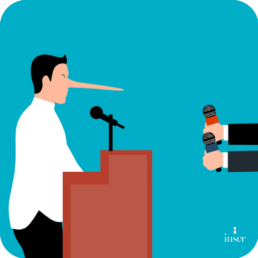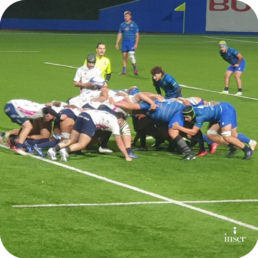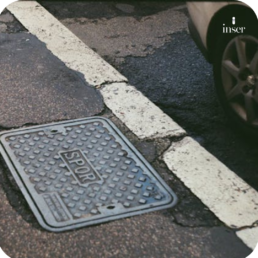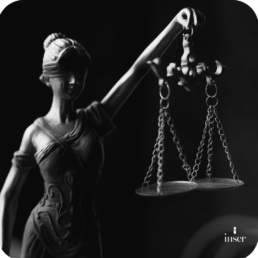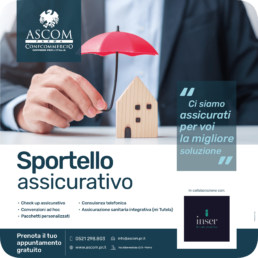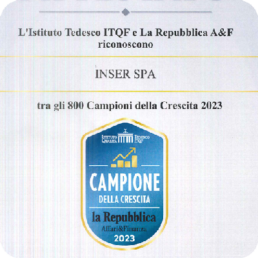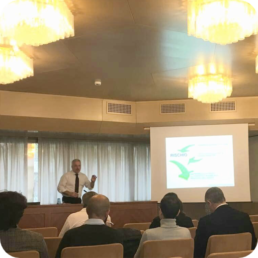Interruption of the statute of limitations: the dual regime of typicality, subjective and objective

If the statute of limitations is the time within which to exercise the right, it is crucial to know who is entitled to interrupt it and what characteristics are required of the documents, in order to "restart the hourglass from scratch." A recent merit judgment exemplifies and helps to understand the common difficulties and mistakes that policyholders make after reporting a claim to their company.
The case.Following a devastating atmospheric event, the plaintiff company - owner of two buildings (hereinafter, "building 6" and "building 21") - sued its insurance company, seeking an order to pay for the damages sustained to its buildings, which were guaranteed by the policy.The insurance company promptly appeared in court, objecting to the fact that the right to compensation was time-barred, pursuant to Article 2952, paragraph 2, of the Civil Code, given that two years had elapsed since the day on which the event occurred.On the other hand, the company pointed out that the other party's objection was completely without foundation, since the payment made by the company, as well as the agreements made between the company and the company's appraiser, were to be considered acts interrupting the statute of limitations. In Judgment No. 206/2023, the Court of Belluno, upholding the plea of prescription, rejected the plaintiff's claim, on the following grounds.First of all, devoid of interruptive value was considered (i) the surveyor's inspection,given that, pursuant to Article 2943 of the Civil Code, the statute of limitations is interrupted only by those who have the legitimacy to interrupt it, i.e. the holder of the right, which in the present case is only the company.The assignment and role of the adjuster is simply to perform the verification and estimation of the damage, and not to represent the company.Secondly, (ii) the payment made by the insurance company was also found to be incapable of producing interruptive effects. Indeed, despite the fact that by constant case law the partial payment made by the debtor is equated with the recognition of debt under Article 2944 of the Civil Code, the same cannot be said in the present case, since the sum was paid by the company with reference only to property 6; while no payment was made for property 21.The twofold regime of typicality, to which the discipline of Interruption is imprinted, requires, on the one hand, the identification of the subjects holding the power of interruption, and on the other hand, the ways (and therefore the acts and facts) in which the interruptive effect can be produced by the legitimated subjects (Articles 2943 and 2944). Finally, (iii) the correspondence between the company and the insurance company (with which the plaintiff had sent updated damage estimates) were also deemed to lack interruptive effects.According to the Judge, it is not necessary that the request contain special formulas or diction, but it is sufficient that it expresses the will to obtain payment of the damage: interruptive effects of the statute of limitations are all those behaviors that express the creditor's clear and unequivocal will to exercise his right. For further study:- Court of Belluno, Judgment 206/2023;- Cassazione, Judgment No. 33486/2023.







